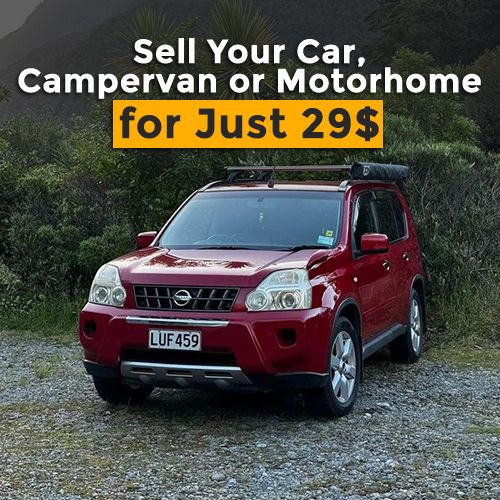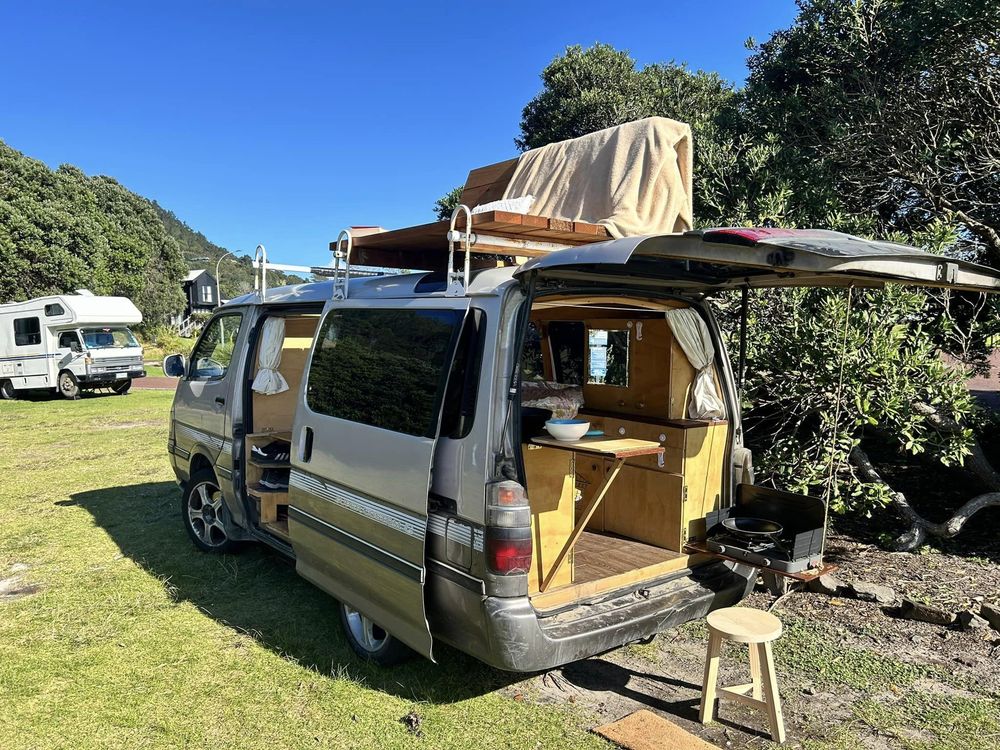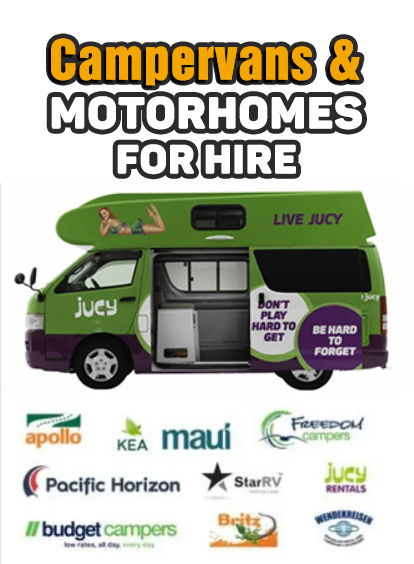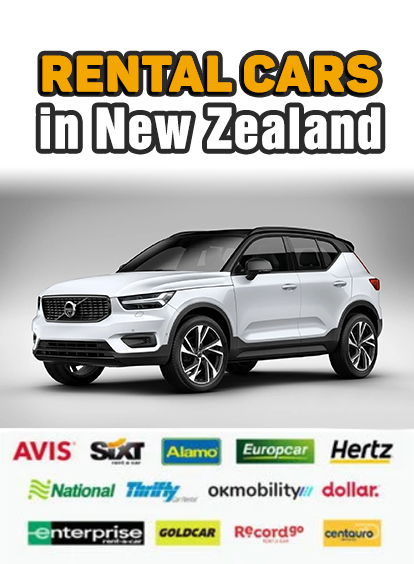✅ Last Update: Jul 29, 2024 @ 11:09 pm
New Zealand is the perfect campervanning destination, and there’s a sense of the outdoors you cannot experience elsewhere.
You will enjoy the flexibility you get with a campervan and enjoy visiting and lingering in places you would otherwise not have a chance to explore.
With that being said, dig in and learn as much as you can from the ultimate campervanning guide to New Zealand.
- This travel guide will give you pointers on everything you should know during your road trip.
1. Your Campervan of Choice
Renting a self-contained van is hands-down the best way of campervanning in New Zealand.
One of the most significant benefits of renting a self-contained campervan is that it lets you camp for a limited number of days on public land unless there are restrictions.
Additionally, for your campervan to get classified as self-contained, it has to meet specific considerations.
Ensure you ask your vehicle company whether the campervan has a self-contained sticker. If it doesn’t, you won’t be able to access any freedom camping sites.
🎯 You can find more information about these types of campervans in the following article: Self-Contained Campervans
2. Renting a Campervan vs. Buying a Campervan
When deciding to purchase or rent a campervan, two pivotal factors stand out as the primary influencers: your budget and the anticipated duration of your stay.
2.1. Buying a Campervan
Buying a campervan is the cheapest option for you if you plan to stay for months on end. However, it is also a complicated option since you’ll have to sell the van off when it’s time to leave.
If you’re staying for months on end, we strongly advise you only to buy a self-contained campervan. Also, ensure you don’t buy a lemon, or it could ruin your trip.
- Before you seal the deal, make sure the campervan has gone through a serious inspection to rule out any issues on the vehicle.
🧑💻 More information about the buying process can be found here: 12 Tips for Buying a Campervan in New Zealand
2.2. Campervans for Sale at Travel Cars NZ
Explore Travel Cars listings, where you can find all types of campervans for sale, from converted people movers to bigger vehicles such as motorhomes.
2.3. Selling a Campervan
If you need to sell a vehicle at the end of your trip, you can do so by listing it at Travel Cars NZ.
A quick 5-minute listing process that will put your campervan in front of hundred’s of thousands of visitors!

💡 Doubts about how to sell your car or campervan?
Find more in the following guide: How To Sell a Car in New Zealand
2.3. Renting a Campervan
Renting a campervan isn’t the cheapest option. However, it is best if you only plan to stay in New Zealand for a month or less. It is pretty easy to do as you can pick up your campervan at the airport.
- Find the best deals by using the Travel Cars search tool, no matter where in New Zealand you will be starting your trip.
3. Campervanning Apps
Luckily, you can download a couple of apps on your Android or Apple device to help you navigate the road.
Some have offline features, such as maps, that are great for when the network is out of reach or unavailable.
Other apps provide helpful information, such as fuel costs or the cost of camping sites and info on restrictions.
Some of the best apps you can download on your device for exceptional campervanning experiences include:

4. Camping Costs in New Zealand
If you have a self-contained campervan, you might avoid camping costs, as there are freedom camping sites that don’t charge.
But, if you go for the non-self-contained vehicle, it’ll be hard for you to get freedom camping sites that’ll accept your vehicle.
Depending on the available facilities, here’s what you should expect to pay per person for a serviced campground:
— Basic site, Unpowered :(Self-contained a MUST) NZD$8
— Scenic Grounds: NZD$15-20
— Serviced Grounds: NZD$25-40
- Now that you know the basics of what to expect when campervanning in New Zealand, it’s time to address some frequently asked questions.

5. FAQs about Campervanning in New Zealand
No, you can’t sleep anywhere in a campervan in NZ.
Whether free camping or looking for family-friendly camping sites, you must sleep in designated areas.
New Zealand has stringent campervanning regulations, and you will pay a high price if you decide to break any rules.
If you’re doing freedom camping, you must ensure that your vehicle has a self-contained sticker and that you’re camping on public land.
Some public land has regulations, so try to find out if yours does before you set up camp.
Yes, New Zealand is one of the safest countries in the world. Additionally, campervans are designed to keep you safe, comfortable, and secure while on your trip.
There are several places where you can park your campervan in New Zealand. Some of them include:
— Holiday Parks
— National Parks
— Park over property
— Freedom camps
📝 Bottom Line
The more you travel around New Zealand, the more you will love and enjoy the freedom of campervanning.
Nothing compares to carrying your home around to linger over extraordinary views.
But, before you ride into the sunset, please ensure you’re well-equipped to care for the environment. New Zealand is strict when it comes to environmental protection.
But remember, as much as Kiwis are some of the most friendly people on earth, they’re tired of visitors who think their country is a hotel with maid service.
Therefore, try to take as much care of their country as possible!









